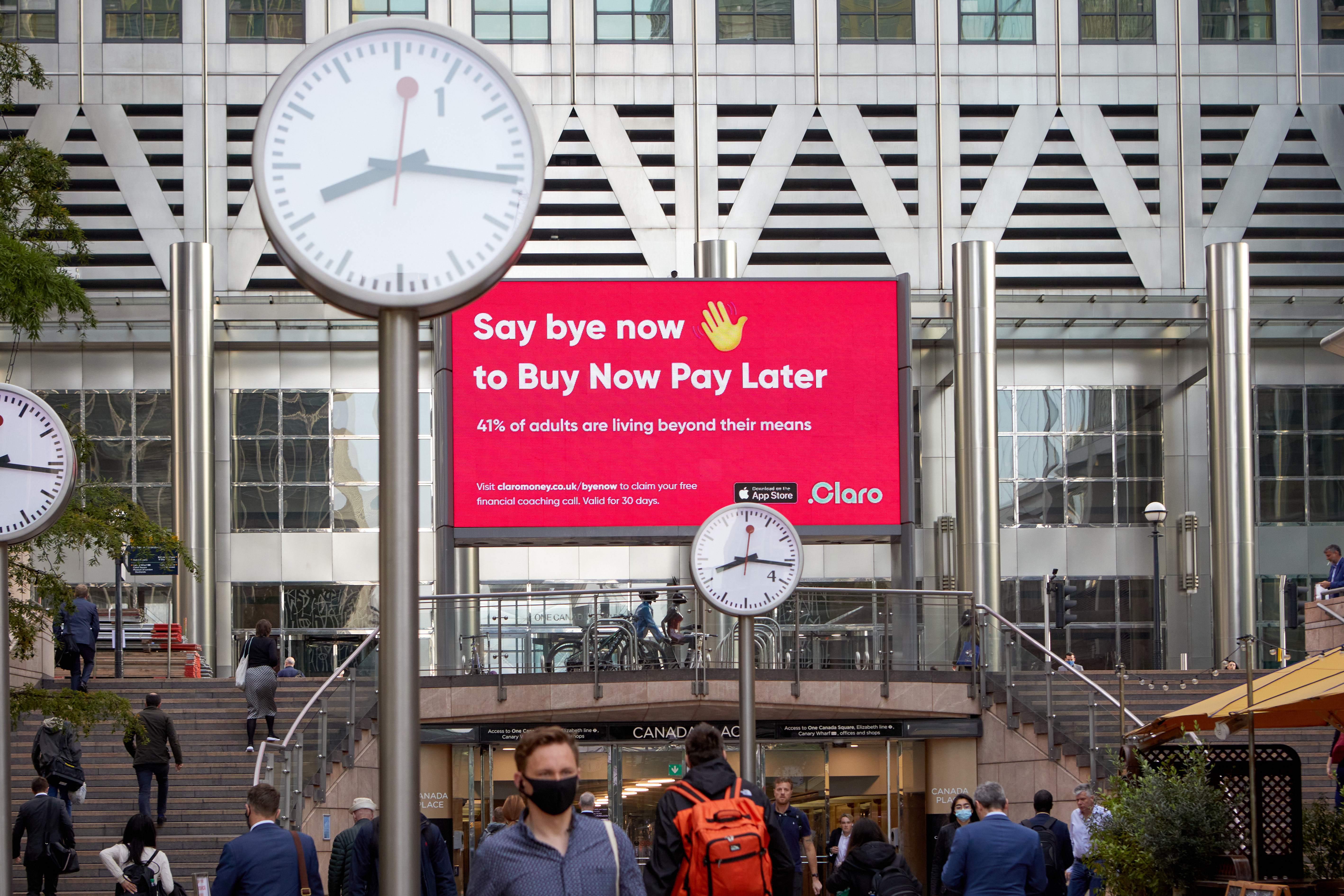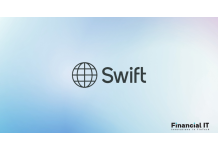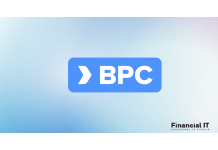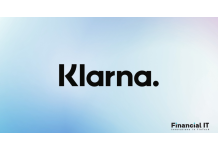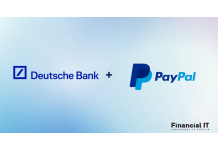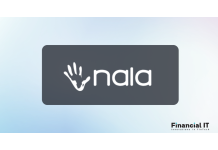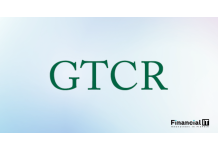Visa Supports Chinese Cardholders to Add Cards to...
- 15.01.2026 10:35 am
Worldline Empowers Agentic Commerce With New AI...
- 15.01.2026 10:15 am
Swift Takes Bold Steps To Unlock the Benefits of...
- 15.01.2026 10:05 am
ClearScore Embeds Automated Debt Repayment Technology...
- 15.01.2026 10:05 am
Jalin And BPC Strengthen National Digital Transaction...
- 15.01.2026 08:55 am
Insight And Stripe Partner To Modernise Enterprise...
- 14.01.2026 03:20 pm
Klarna Expands Digital Bank Offer with Peer-to-Peer...
- 14.01.2026 12:25 pm
Deutsche Bank Expands Support For PayPal To Strengthen...
- 14.01.2026 11:55 am
Viamericas Expands Payment Network to Nequi, a Digital...
- 14.01.2026 08:45 am
NMI Caps Landmark Year of Growth And Innovation,...
- 14.01.2026 08:35 am
Noah And NALA Launch Instant Stablecoin Settlement...
- 13.01.2026 01:05 pm
GTCR Completes Sale of Worldpay To Global Payments
- 13.01.2026 12:55 pm

